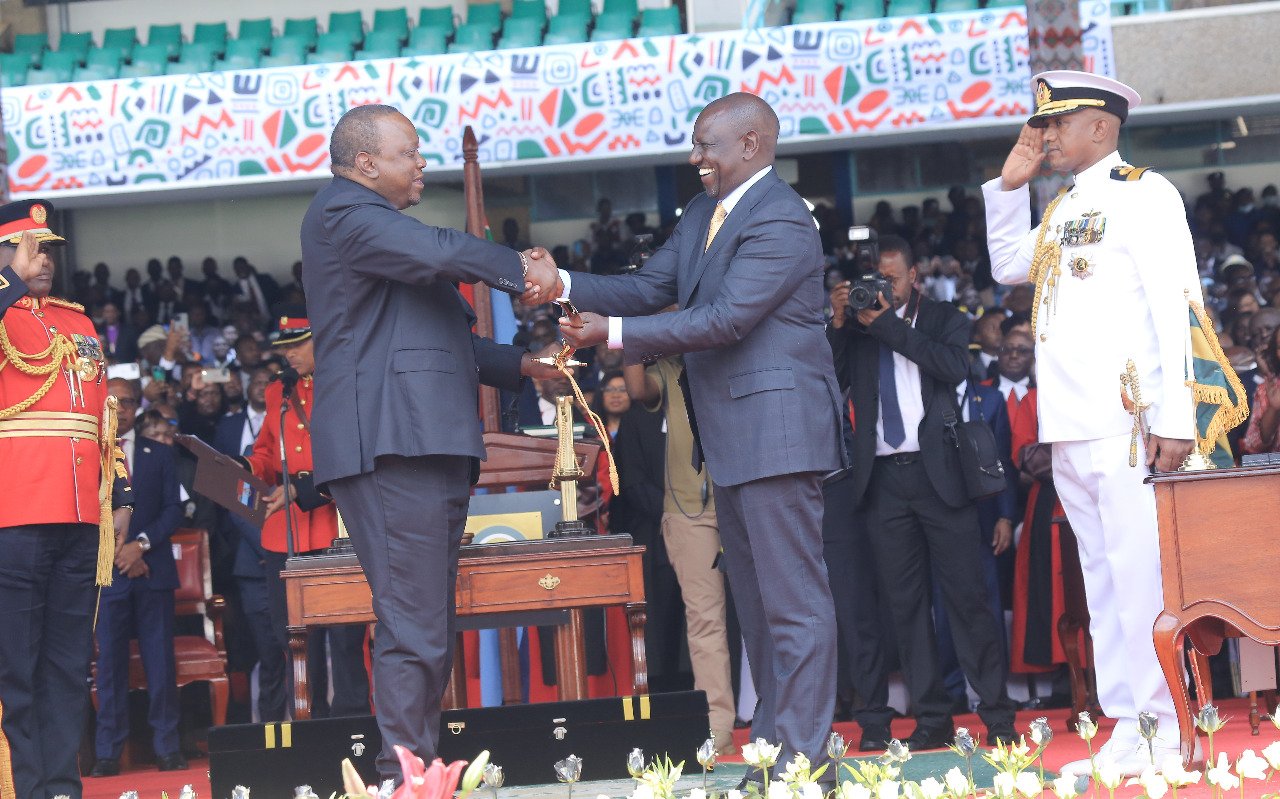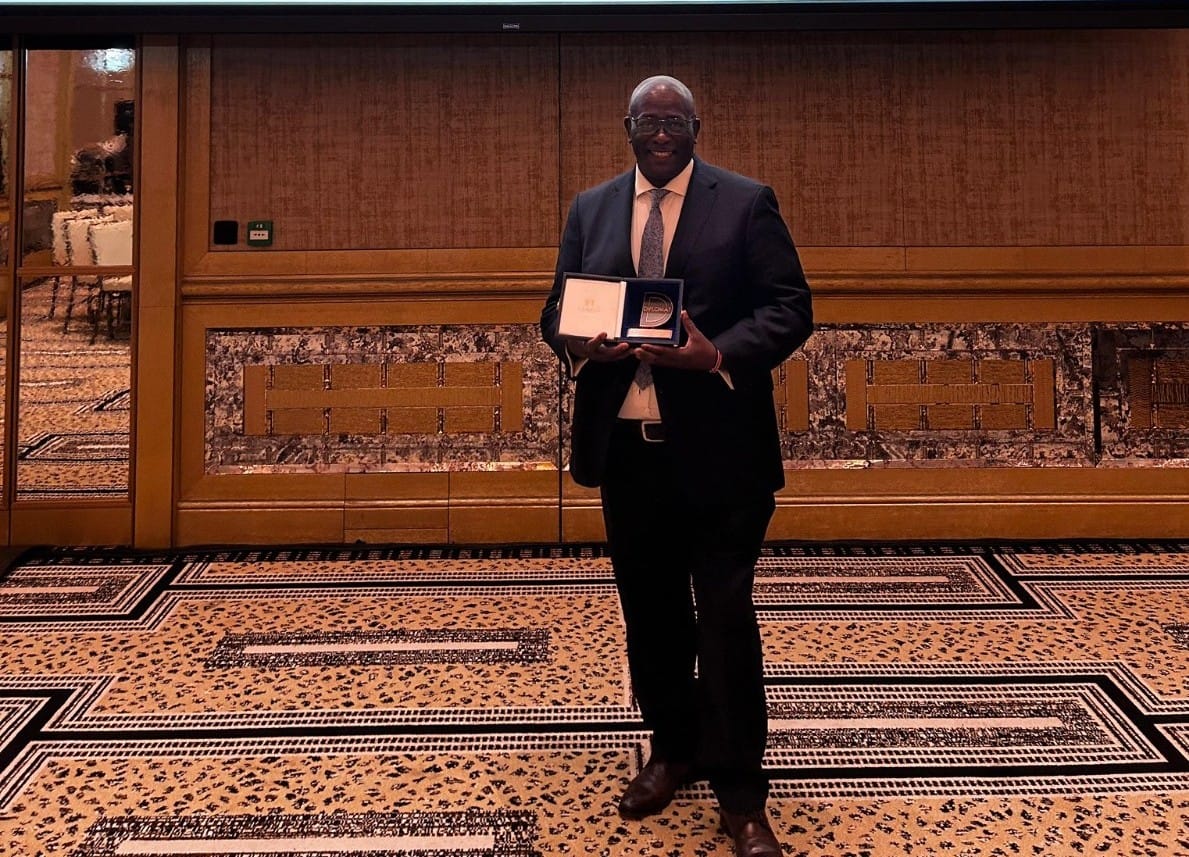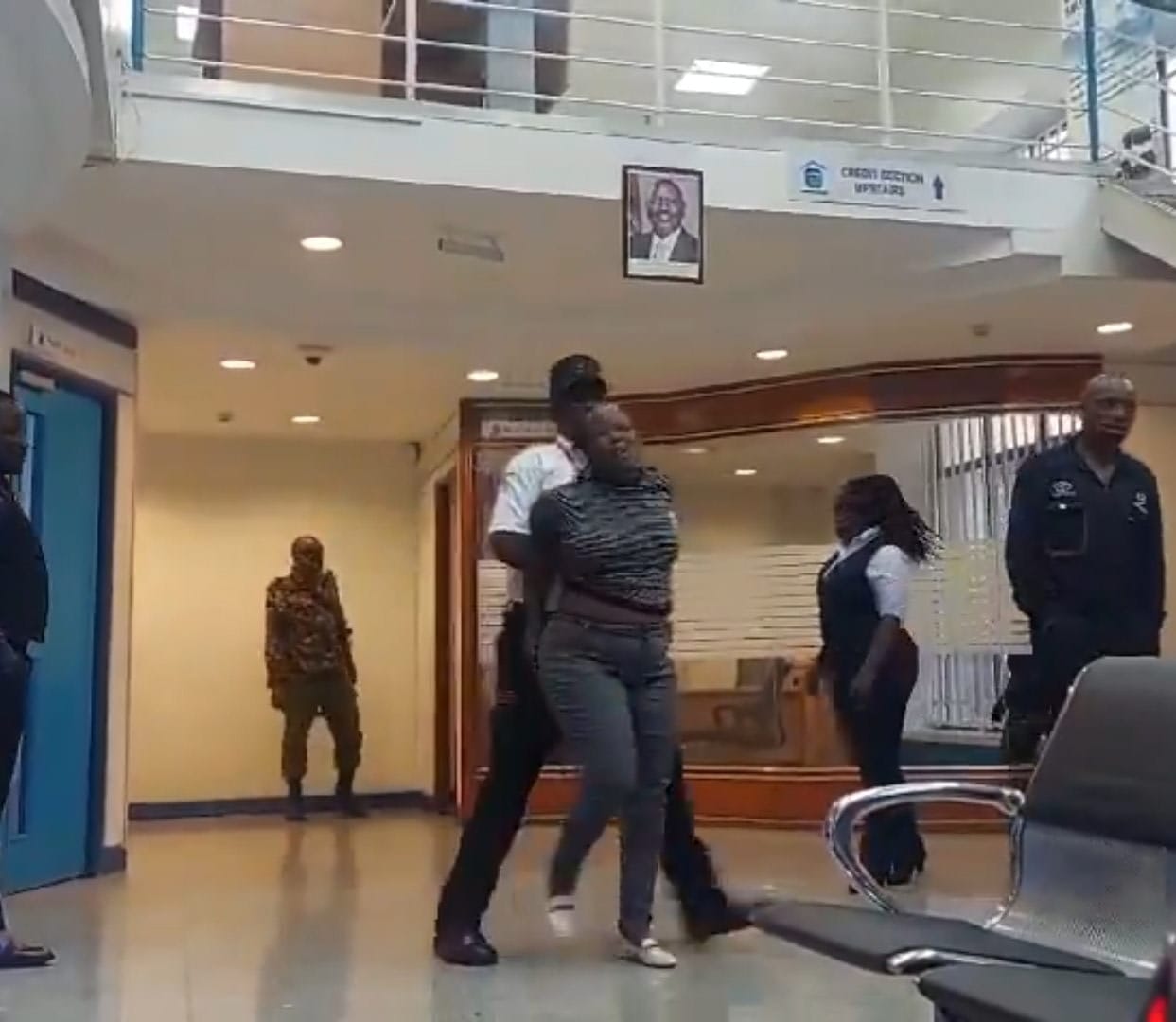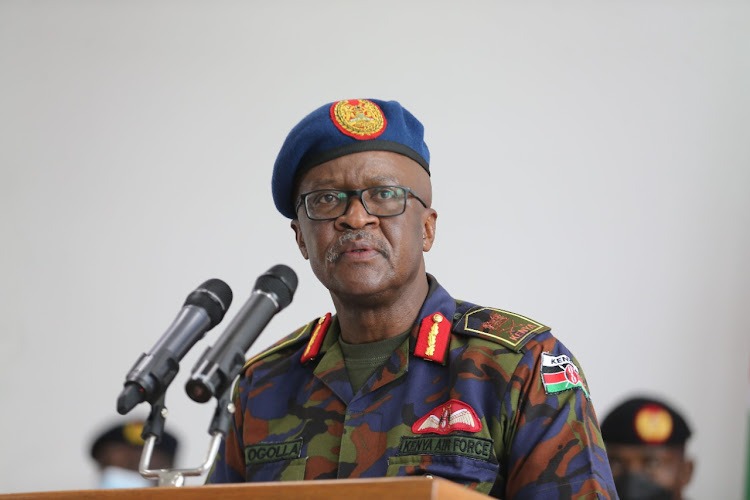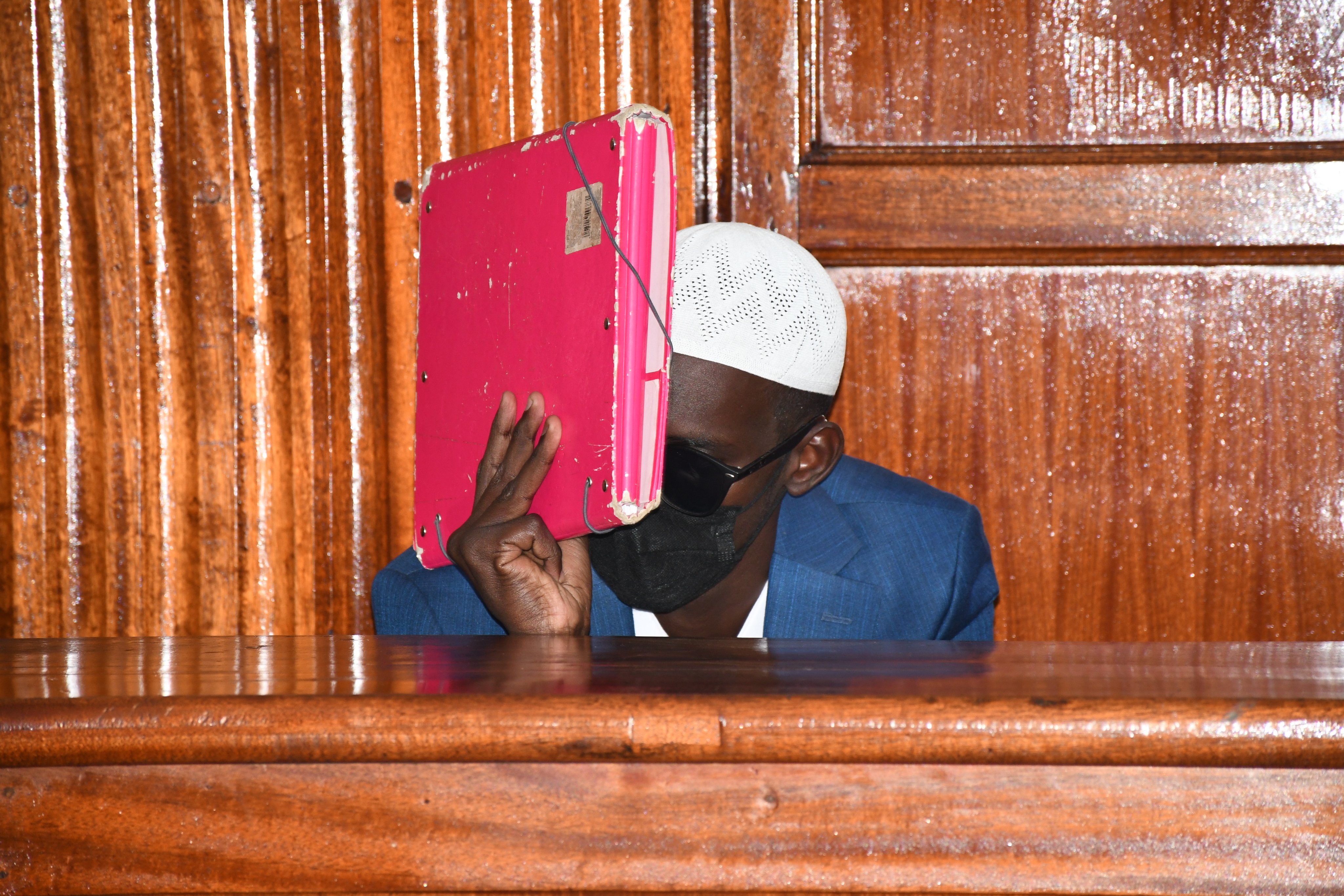In our segment of #KenyaWomenSeries, we feature, Joy Doreen Biira. A media personality, strategic communicator, moderator, speaker, and content curator with over ten years of experience in the media industry (TV, Radio, Electronic, and Digital Media). She is living her dream of telling stories.
Being a child of two worlds; Kenya and Uganda, she hopes to author a book one day, where she tells her story of growing up in a town in Uganda that was mostly guarded by the military because of its proximity to the Democratic Republic of Congo border.
She describes herself as every woman – charismatic, dreamer and doer, lover of simple things in life. A risk-taker, a family-oriented human, mother of the most fabulous boys in town, spouse, mentor, and believer in God. Others describe her as intelligent, professional, and fun at the same time.
1. Please tell us how did your childhood shape you for a career in the media while highlighting some of your major achievements and the events that have shaped it.
“Growing up, my parents taught my siblings and I to stand up for what we believe in, cherish the value of work, be independent, value integrity, guard our dignity and be as truthful as we could before anything else. You see, no matter how sweet the lie sounds, the truth is mostly regal. And when you think deep, that’s actually what a successful media career is about.
Read More
While some people go to school to study so as to pursue a career, I was trained into my career. At age 16, during my form 4 vacation, I read my very first news bulletin at Messiah Radio, a local radio station in my hometown: Kasese, Uganda. I was paid under a dollar a day (should that count as a wage?).
Biira adds that most of her high school education was under a merit scholarship by - forum for African women educationalists (FAWE ). She notes that the scholarship came at a time her parents were going through a financial recession.
As for my TV career began in my 2nd year at Makerere University in Uganda when I was a BSc. Information Technology undergraduate. I was trained on the job on the fundamentals of Journalism shortly before I was cast into the limelight on the country’s premier morning show as co-host and prime-time News Anchor at NBS TV.
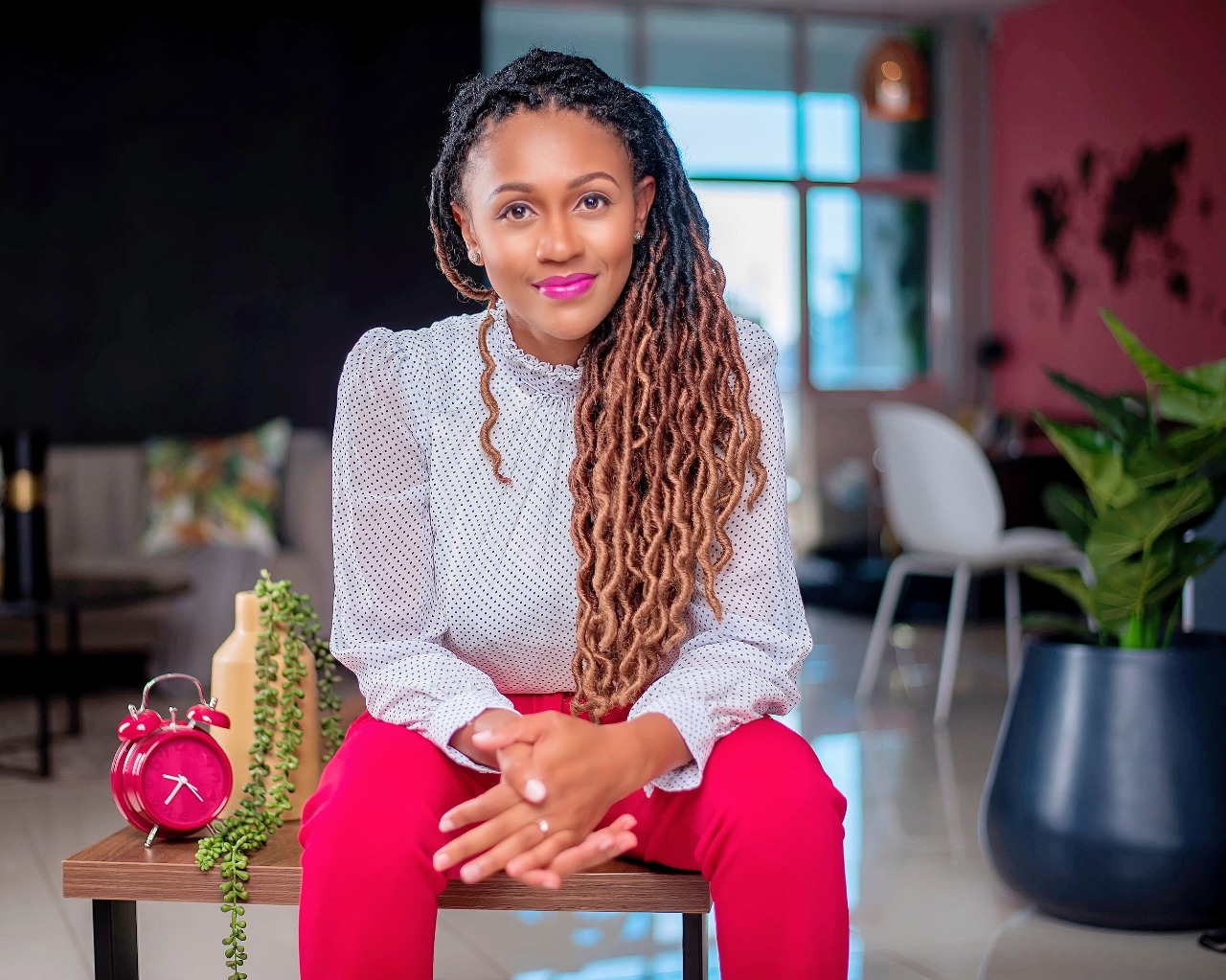
Joy Doreen Biira
Nine months after I joined TV, I auditioned for a weekend radio job and got it. At 20, I was one of the ‘lucky youth’ walking about with two jobs. I did TV Monday to Friday and Radio Saturday and Sunday while still doing school. The knowledge I gained saw me grow into an events moderator and speaker and eventually a strategic Communicator in due time. In addition, I trained Members of parliament on how to leverage technology and the media. After four years on TV and radio, I left Uganda for Kenya.
During this transition period, I had two job offers: one at KTN Kenya and Ghana’s TV3. I weighed my options - career growth, proximity to home, cost of living in the two countries, and remuneration. I needed career growth, so I chose Kenya, and that’s the best decision I made.
I started work in the media in Kenya in 2012. My employer and colleagues at the Standard Group were very receptive. I spread my wings from being a Prime-time anchor and reporter to curating, hosting, and co-producing shows such as Africa Speaks, Business Focus, and Business Today. I also hosted Deutsche Welle’s Eco-At-Africa magazine show that was a collaboration between DW & KTN.
Then in 2017, I took a break from full-time broadcast media work. I had been through a near-death experience in 2016 so I made a deliberate decision to take a break for my mental well-being, intending to go back after I felt like myself again. However, months after I did, I was offered a role as Strategic Communications Advisor for an Extractives Facility Project run by DFID and UNDP linked to the new Ministry of Petroleum & Mining. The role allowed me to strengthen my abilities as a strategic communicator.
Together with the team I worked with at the Ministry, we packaged and branded Kenya’s portfolio globally on its valuable mineral resources. The project ended in 2018.
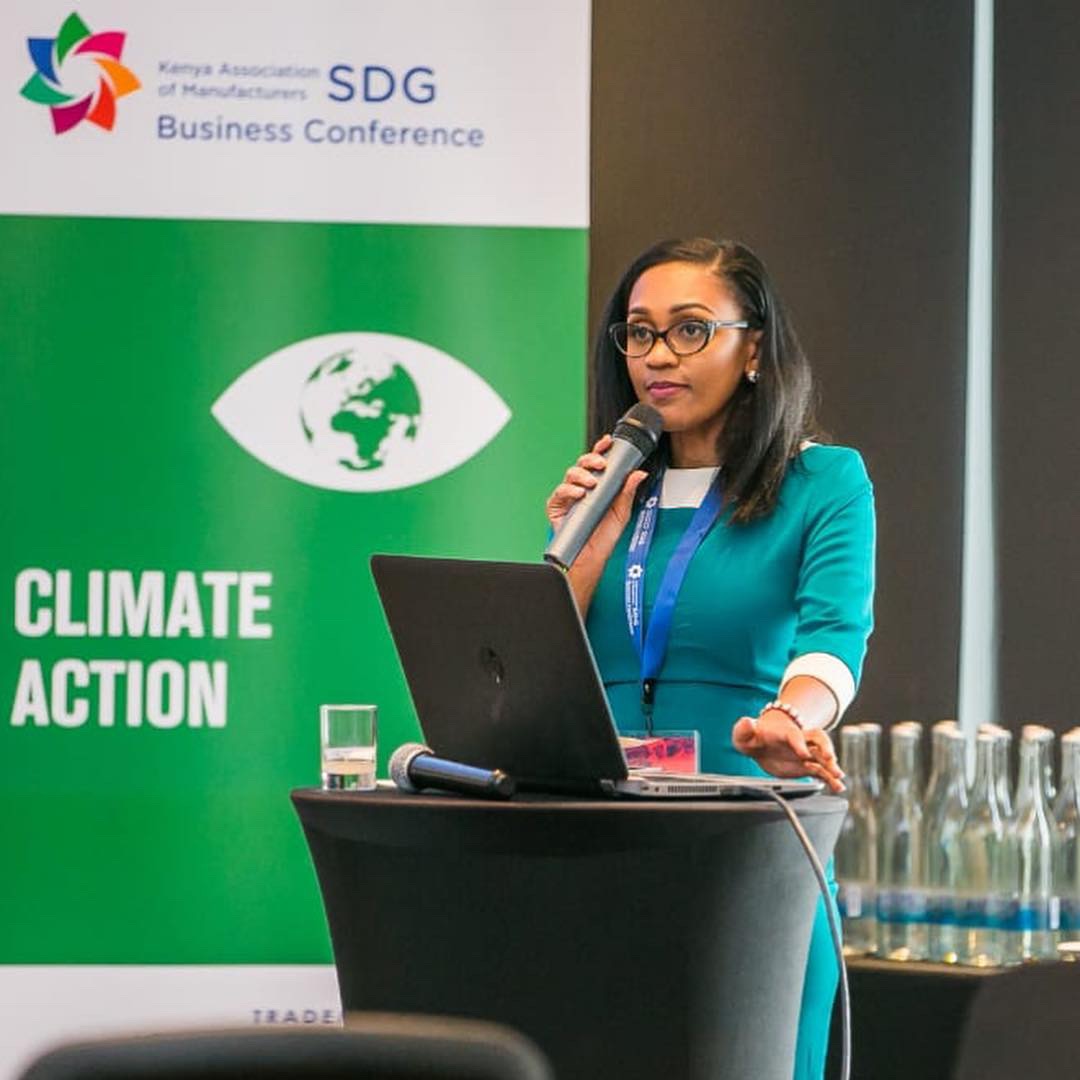
Joy Doreen
Since then, I have continued to build my capacity as a strategic communicator at my consultancy Africa Speaks Limited, working with organizations across the globe. We help organizations, individuals and companies strategically communicate at an external level. From media correspondence to content curation, report writing, among others.
I also do media appearances as a contributor for DW Business Africa. I moderate the Kenya edition of EdTech Mondays, a series of Mastercard Foundation’s conversations bringing together EdTech Stakeholders to leverage on education-technology to advance teaching and learning in the country.
It’s taken a village – a mix of experienced journalists, media practitioners, mentors and life coaches, a supportive family to get me to where I am today. And I’m ever so grateful to everyone who’s played a part in my career growth. So, I’d say, as you build your career, you’re going to meet so many people – don’t just pile up your contact list; build a network pool of opportunity.
2. Having worked in different local, regional and international media houses; NBS TV in Uganda, Capital FM Radio in Uganda, KTN News in Kenya and Deutsche Welle. Please tell us about your experience as a woman in media and share lessons on how women can position themselves for opportunities up the ladder in the media industry?
Attitude is Everything. Understanding that your abilities are not necessarily dependent on your gender is important. It allows the mindset of maturity to work without limits. That is the attitude you need to manage a male-dominated workspace.
Don’t settle for less. When I started my career in the media, I was the only female among male colleagues on the morning crew of the show we worked on. Then, it was evident that male colleagues did the big interviews. It took persistently proving beyond reasonable doubt that I, too, was capable of doing those same interviews. It took hard work, practice, widening the scope of knowledge and grabbing opportunities. Learn to negotiate.
Guard your Integrity. There is so much expectation (or lack thereof) on females from both the audience and the media industry itself. The perception of women’s role at all levels is questioned. Did they deserve it? How did they get there? So, guard your focus and integrity. Keep rising with integrity.
Upgrade your skills. The best thing you can do for your career is to learn something new every so often. Expand your knowledge meter. It is the best gift you can give to your future self. It is the obvious gateway way to better opportunities.
Focus on the rewards, not the awards. Journalism and the media industry, in general, is about impact. When work is rewarding in terms of fulfilment, it is the beginning of success.
Never burn bridges. The media is a large yet small space. Today you’re here and tomorrow, the transfer window takes you to another media house. How you navigate your transfers should not be at the cost of your reputation. Always leave a clean slate.
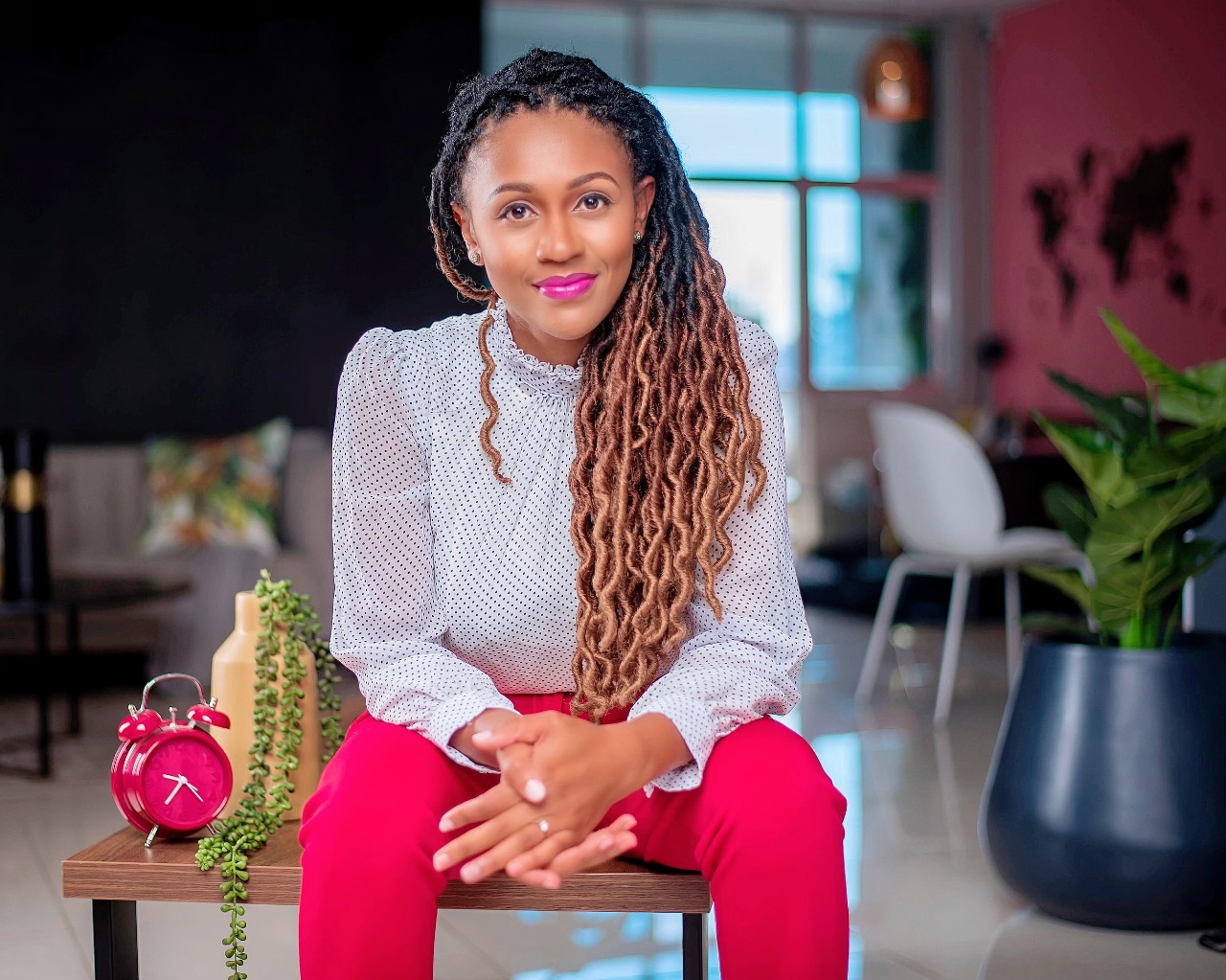
3. How have the following impacted your career life?
• Personal Branding: The world perceives us by how we introduce ourselves; the reputation we leave behind, and the inspiration we exude before entering a room. Meet and exceed those expectations when you step in or out of a room. Show up as a better version of who the world expects you to be. I’m still getting better at it as I advance in my career.
• Forging networks: Networks are the best way to build social capital. Be unashamed to say you don’t know how to network and open enough to learn and capitalize on your networks. Some of my best work ideas have come from listening to the most unusual stories in networking spaces. Having transitioned from media to Communication consultancy, I have learnt that one has to have a great pool of networks, social capital, dynamism and the right expertise.
• Taking up new challenges: I’ve never been the kind to shy away from new challenges. I take them on afraid (very afraid, I might add) and with an open mind. We are unaware of many of our abilities because of the fear of the unknown, and it isn’t until we are uprooted and planted elsewhere that we are forced to adjust. So bloom where you’re planted. Pack a bag, move to another town, city, country – start over, whatever it is, just do it. Your best achievements are stuck between you and being stuck in the same race.
• Mentorship. I’m honoured to have been mentored by people who have changed my mindset, reorganized my thoughts and raised confidence in my abilities.
4. Given an opportunity to re-imagine the world, is there is anything you would change? If yes, what will it be and why?
The world is perfect as it is with imperfect humans in it. That said, I wish the creativity of young Africans would be harnessed better. Having practised as a broadcast business media personality for years, I would change how we treat our ageing population and our young population, which I consider the demographic dividend. It almost feels like African governments don’t quite know what to do with young people. Governments are caught between not knowing what to do with retirees at age 60 and above and young people below 35.
5. If you were to choose the two most important values that you live by and that keep you grounded and shape the way you work and live, what would they be and why?
Integrity. For my present self, my future self, and me in the future past. That when I’m old and grey, above and beyond all achievements, that I am & was a human of integrity before God and to humanity.
Attitude. Attitude is altitude; it is a house of cards. I’m only ever going to be what I set my attitude to be. So I choose to stay positive most days.

Any parting shot?
To fellow young career women; normalize taking career breaks to re-energize and even take care of your young family. Part of the reason I took fewer work hours was to spend more time with my very young family. Work has diversified; we can now do work online with flexible hours. We can study online while working and spend time with family. It’s not the hours you spend in the workspace. It’s more about the value and merit you bring to the table.
Also, Vehicles have engines, trees have roots, and human beings have dual power–the mind and the heart. So may we learn to ignite our hearts to be full of the joys of life and our minds to go after what we are passionate about; this is the key to being.
By Patience Nyange and Esther Kiragu
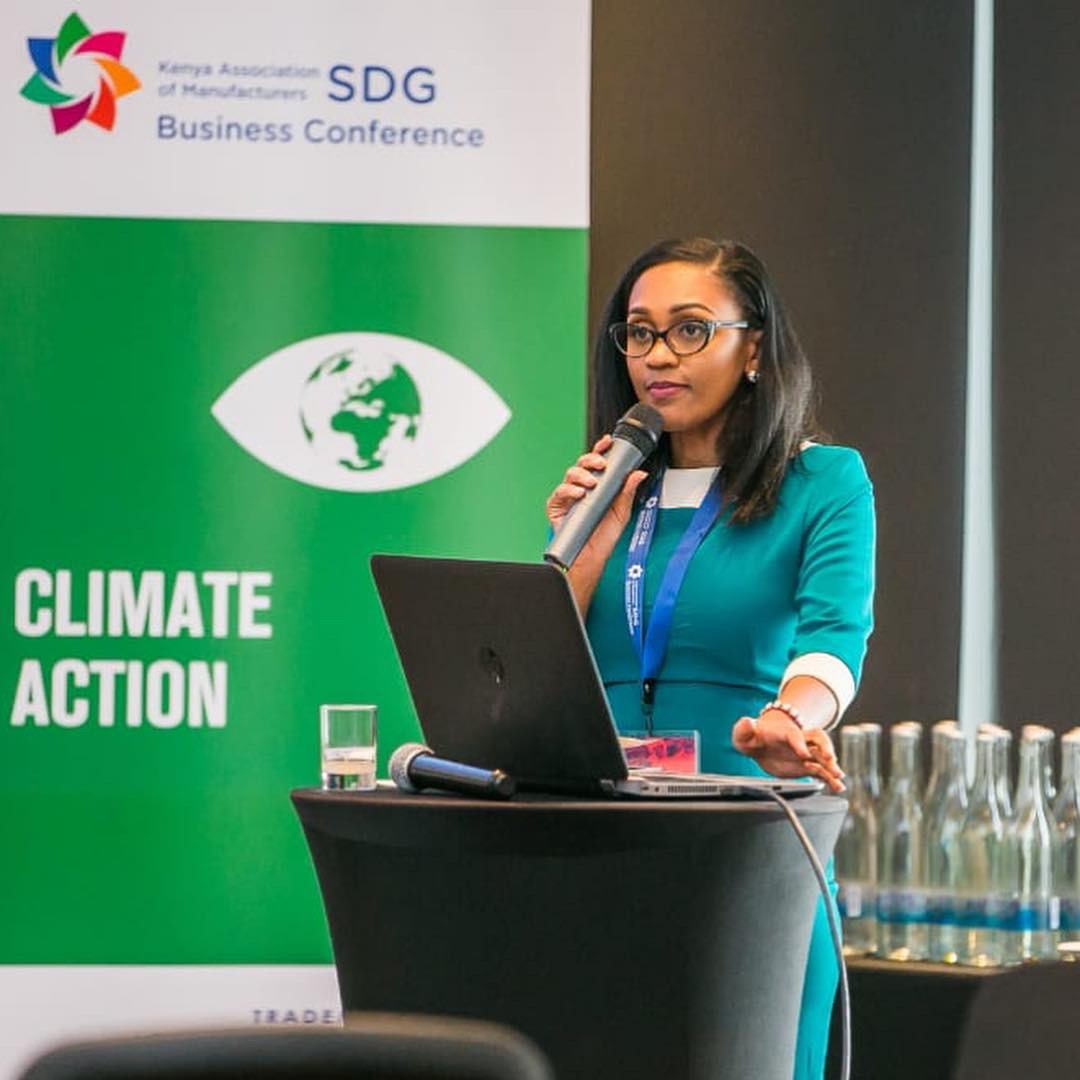
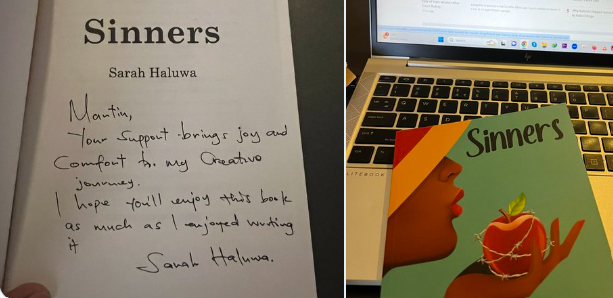
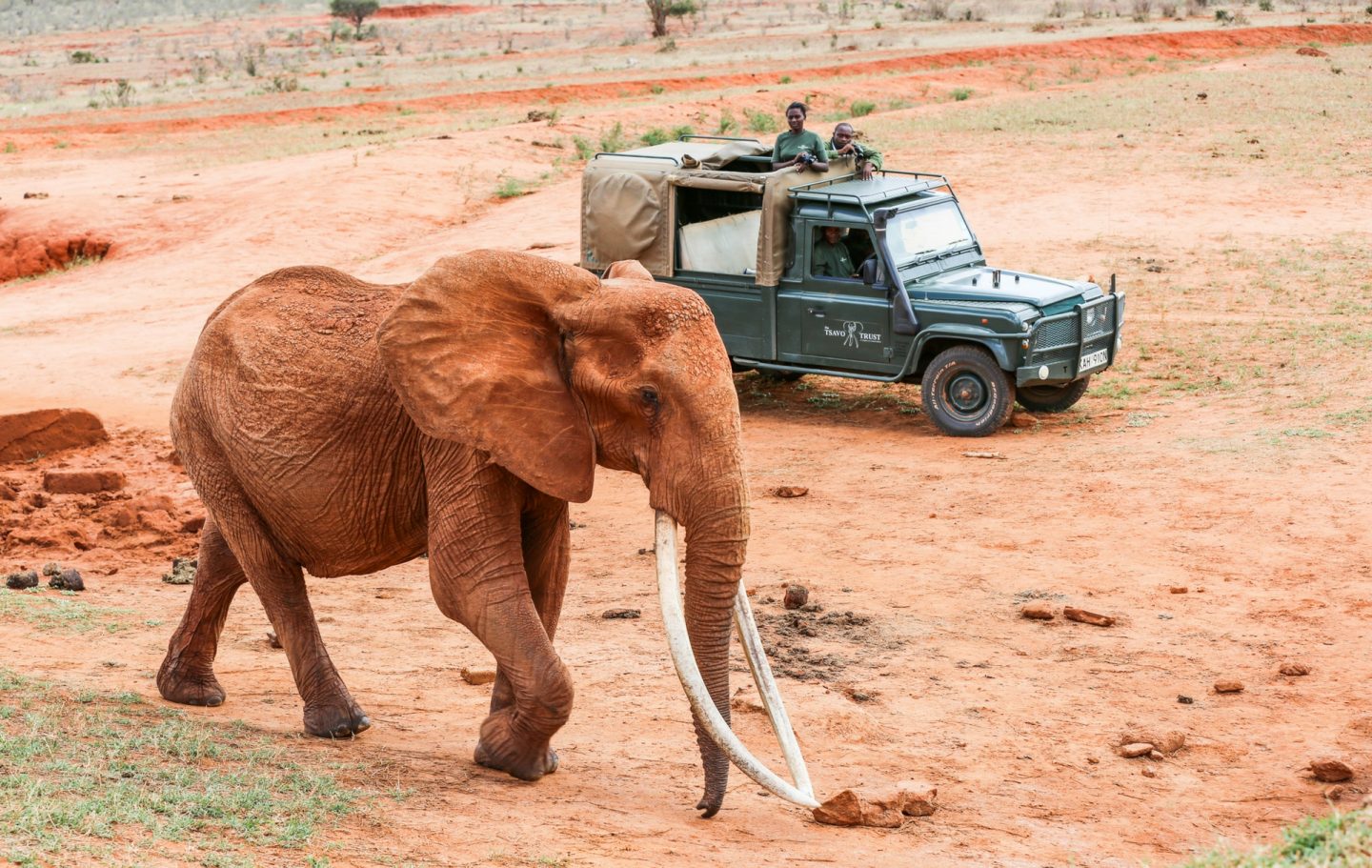


-1679468856.jpeg)
